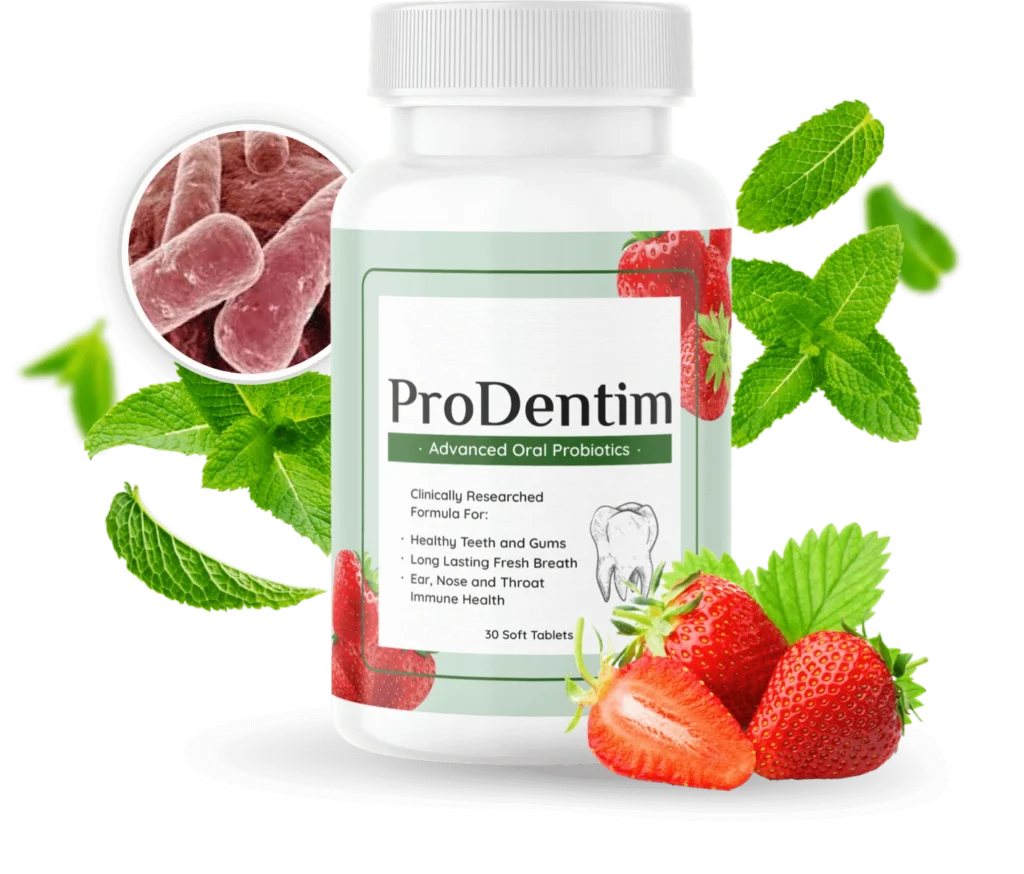A vital component of overall health is good oral hygiene. A striking connection between Oral Health and Cardiovascular Disease has been found by recent study. In this article, the relationship between poor dental health and the risk of cardiovascular disease will be examined, along with the factors that may underlie it. It will also offer advice on how to keep up proper dental hygiene in order to lower the risk. Finally, we’ll consider how to assist people who already have cardiovascular problems brought on by poor oral hygiene.
Oral Health and Cardiovascular Disease
Cardiovascular disease and oral health are intricately related. Numerous studies have demonstrated that poor dental hygiene increases the likelihood of acquiring cardiovascular disease as well as other major health problems. Numerous systemic diseases, including CVD, may be impacted by periodontal microorganisms and oral inflammation, according to the evidence.
Although there is a complicated link between dental and cardiovascular health, it is obvious that maintaining good oral health is essential for avoiding heart-related illnesses. By lowering the quantity of periodontal bacteria in your mouth, good oral hygiene practises including brushing twice daily with fluoride toothpaste, flossing once daily, and scheduling routine dental visits will help lower your risk of getting CVD. Additionally, giving up tobacco usage in any form is necessary for both the best dental care and general wellness.
Effect of Bacteria in the Mouth on Your Heart
The health of the heart can be significantly impacted by oral bacteria, potentially even resulting in cardiovascular disease or stroke. According to a new study, Porphyromonas gingivalis and other oral bacteria are strongly associated with an elevated risk for coronary artery disease and other major medical disorders. The study proved that these potentially harmful oral bacteria can travel to and infect organs like arteries and veins when they reach the bloodstream through periodontal pockets or open wounds. As a result, inflammation and plaque buildup occur, which is a primary contributor to cardiovascular issues.
The results of this study offer significant new information about the relationship between poor oral hygiene and numerous systemic health problems. The authors contend that it is crucial for healthcare professionals to focus on a patient’s dental hygiene as well as their general health.
Oral Inflammation & CVD Risk
Heart disease (CVD) risk has been linked to oral inflammation. Recent research indicates that the bacteria in a person’s saliva may contribute to underlying CVD health risks. The complex community of bacteria and other microorganisms found in the mouth is known as the oral microbiome. When scientists examined these organisms, they found elevated concentrations of specific bacteria linked to higher risks of getting cardiovascular disease (CVD).
According to the research, treating and monitoring oral health may be crucial for lowering CVD risk factors like high cholesterol, hypertension, and diabetes. People should make sure to follow good dental hygiene habits including brushing their teeth twice a day, flossing at least once a day, using an antibacterial mouthwash, and avoiding sugary meals and drinks that might feed dangerous bacteria.
Oral Health Habits & CVD Risk
The maintenance of good oral health practises is crucial for general health and wellbeing. Poor oral hygiene is well known to cause tooth decay, gum disease, and other problems. Research is increasingly showing a link between poor oral hygiene and an increased risk of cardiovascular conditions like stroke, heart attack, and high blood pressure.
According to studies, a healthy mouth serves as a barrier for microorganisms that may otherwise enter the bloodstream through the gums and irritate blood vessels. As a result of this inflammation, the body’s cholesterol levels may rise, which may cause atherosclerosis (arterial hardening) or other cardiovascular problems. In order to lower the risk of cardiovascular illnesses, it is crucial to constantly practise good dental hygiene practises like brushing twice a day with a fluoride toothpaste and flossing at least once a day.
Prodentim is a dental support formula of natural origin that has been specifically formulated to facilitate and sustain optimal dental and oral health. The product is formulated with a distinctive combination of 3.5 billion probiotic strains and vital nutrients, which have undergone clinical investigation and demonstrated efficacy in promoting dental and periodontal wellness. The objective of this product is to replenish the oral microbiome with beneficial bacteria, with the aim of reinstating its inherent equilibrium.

Dental probiotics are becoming an increasingly popular choice for oral health care. This is because they have the potential to improve overall dental and periodontal health, by restoring balance to the mouth’s natural microbiome. Probiotics are living microorganisms that can help restore beneficial bacteria in the mouth and reduce levels of harmful bacteria linked to gum disease, cavities, and other oral issues. Here
are some of the key reasons why dental probiotics are recommended:
First, probiotics can reduce gum inflammation caused by certain periodontal diseases such as gingivitis and periodontitis. These bacterial-based products contain specific strains of beneficial bacteria which work to neutralize harmful acids produced by bad bacteria in the mouth. This helps reduce inflammation associated with these conditions and improves overall oral health.
Diet, Smoking & CVD Risk
Diet and tobacco use are two significant risk factors for cardiovascular disease. The World Health Organization (WHO) estimates that poor diets and smoking are to blame for over one-third of all cardiovascular disease (CVD)-related deaths globally.
It is crucial to eat a balanced diet to keep your heart healthy. Lean proteins, whole grains, low-fat dairy products, a variety of fruits and vegetables, lean proteins, and healthy fats can all assist to lower bad cholesterol levels while raising good cholesterol levels. Additionally, reducing sodium intake can aid in preventing excessive blood pressure, a major contributor to CVD.
Smoking raises your risk of CVD because it makes your arterial walls more rigid and narrow by causing fat deposits to accumulate there. This raises the risk of having blocked arteries, which can cause a heart attack or stroke.
Medications & Oral Health
Medications, especially those used to treat cardiovascular conditions like heart attack or stroke, can have a significant negative impact on a person’s oral health. It is possible to maintain good dental health while using these medications by taking the appropriate measures.
It’s critical to be aware of how some medications could impact your teeth and gums, including any possible side effects including dry mouth, impaired taste perception, altered saliva production, and gum recession. For instance, some medications for high blood pressure might raise saliva’s acidity levels, which over time may result in dental erosion. A few antifungal or anti-inflammatory medications may also irritate the gums or result in bleeding gums.
Conclusion
In conclusion, it is obvious that there is a connection between cardiovascular disease and dental health. Inflammation due to periodontal disease can have a lot of negative effects on our heart health. As a result, maintaining good oral hygiene and scheduling routine visits at the dentist are imperative. In addition, when trying to lower the risk of cardiovascular issues, lifestyle changes like healthy food and frequent exercise shouldn’t be disregarded. Taking control of our oral health today can assist us in avoiding future, major cardiovascular problems.
Disclosure:: This article contains affiliate and informative links. We may get compensation at no additional cost to you for purchases made through the links. The above is a sponsored post, the views expressed are those of the sponsor/author and do not represent the stand and views of OneFitDay Editorial.
Disclaimer: These statements have not been evaluated by the Food and Drug Administration. The products are not intended to diagnose, treat, cure, or prevent any disease. Please consult with a licensed professional if there are any questions or concerns about the side effects or negative adverse reactions.

